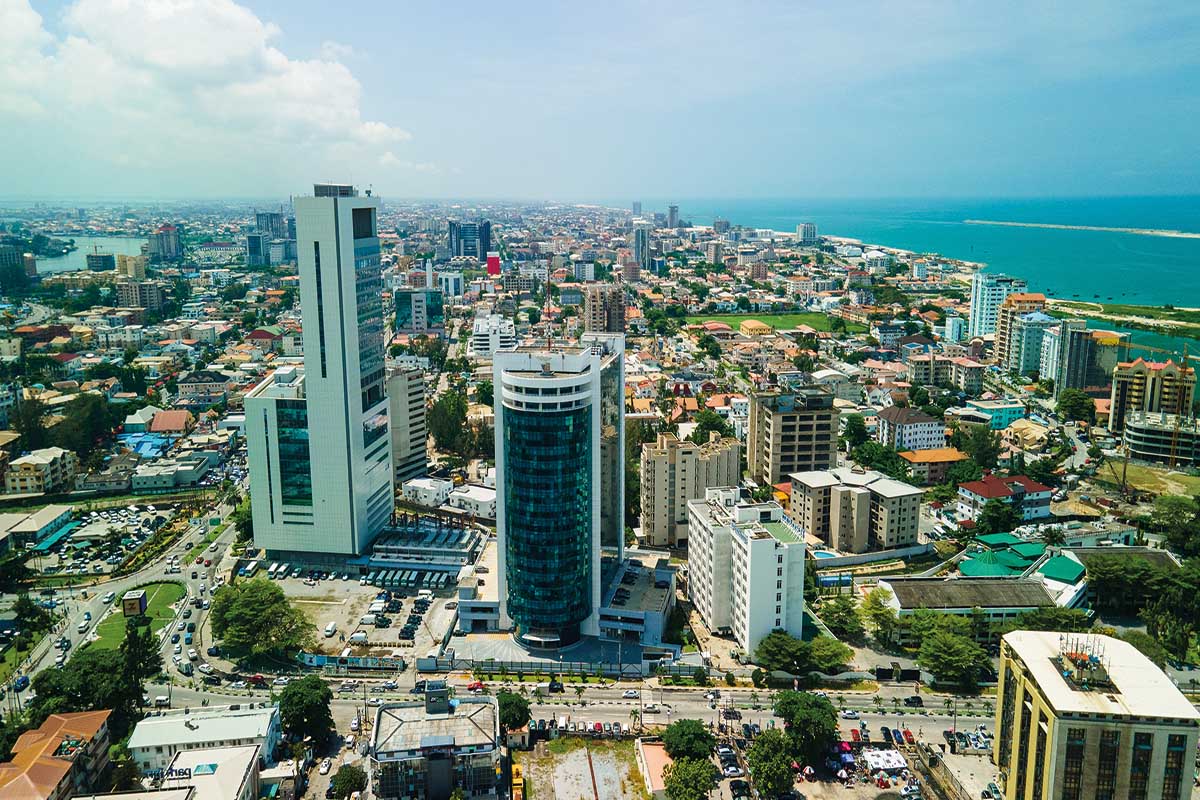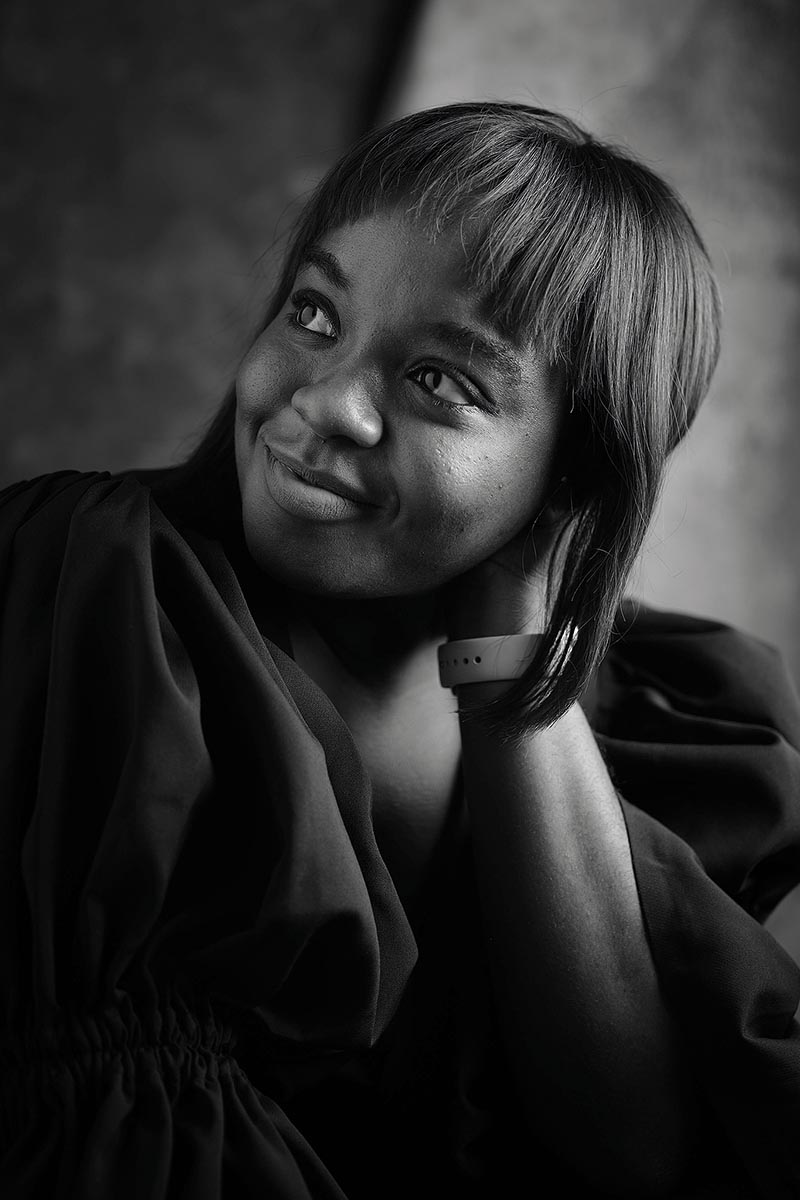
Eco-anxiety is on the rise among young people and children worldwide, particularly in countries that are on the frontlines of climate change
By
Eco-anxiety is affecting more children than ever before, according to Caroline Hickman, psychotherapist and lecturer at Bath University. In 2021, Hickman and a team of researchers surveyed 10,000 young people aged between 16 and 25 from ten countries, asking them how they felt about climate change and government responses to it. Nearly 60 per cent said that they felt very or extremely worried, while many reported negative emotions, including fear, sadness, anger and powerlessness.
Jennifer Uchendu, a Lagos-based climate activist and founder of youth sustainability group Sustyvibes, took part in the survey. Her own experiences of anxiety, as well as a Master’s degree in climate change and development at the Institute of Development Studies, led her to launch The Eco-Anxiety in Africa Project to better understand and support young people already exposed to the impacts of climate change. Geographical caught up with Uchendu to find out more.

What inspired you to set up the The Eco-Anxiety in Africa Project?
We’re very proud of the environmental work we’ve done at Sustyvibes; however, I personally started to feel an emotional toll. The more I realised what was happening to me, the more I saw that it wasn’t just something I was experiencing alone. At that point, I hadn’t heard of the term ‘eco-anxiety’, but we decided to host some events to explore these negative emotions. There were many conversations and we got a youth mental-health organisation to attend with us to explore what could potentially help, from taking more breaks to practising self-care or yoga. A lot of people were grateful for the space to vent and talk about these emotions – that’s really rare.
How is the experience of young people in Nigeria and across Africa different?
I would always say that each location has its peculiarities. In Africa, there’s this particular emotion of frustration and anger because of the injustice that is linked to realising just how predisposed or vulnerable you are to a crisis that you don’t really have a direct hand in causing. And if you live in a developed country, you may not also have to worry about food, shelter, employment – all of those issues. So that’s what makes it different. We don’t have the same safety nets.
What do you believe are the main causes of eco-anxiety among young people?
Part of my Master’s research was to look at the spaces where young people come together to talk about the climate crisis – such as the family table, at school or at a protest – and how those spaces respond to their eco-anxiety, whether it’s parents wanting to shield their children from that emotional toll, or organisations that refuse to explore the root causes of climate change, which are deeply entrenched in social oppression and social injustice.
I have always felt that there was a body of hope placed on young people – those who say that we can build the future. But what really can we do beyond all of the community actions that we take? So much of the power lies with the government. We’re not part of the solution and young people feel betrayed by adult inaction. Psychotherapist Caroline Hickman, a leading researcher in eco-anxiety, calls this a moral injury.
What support do you hope that The Eco-Anxiety in Africa Project will offer young people across the continent?
We are now looking towards setting up psycho-social support groups and psychotherapy for people who reach out to us, which obviously requires a climate-aware psychotherapist. We started the monthly webinars to educate more people, because we had never encountered any form of validation for the feelings we were experiencing until now. It took speaking to researchers who were white Europeans and Americans. We never hear about eco-anxiety from an African perspective. So what we’re trying to do is find homegrown solutions, so we can include everyone and make sure our young people feel resilient about the future.




